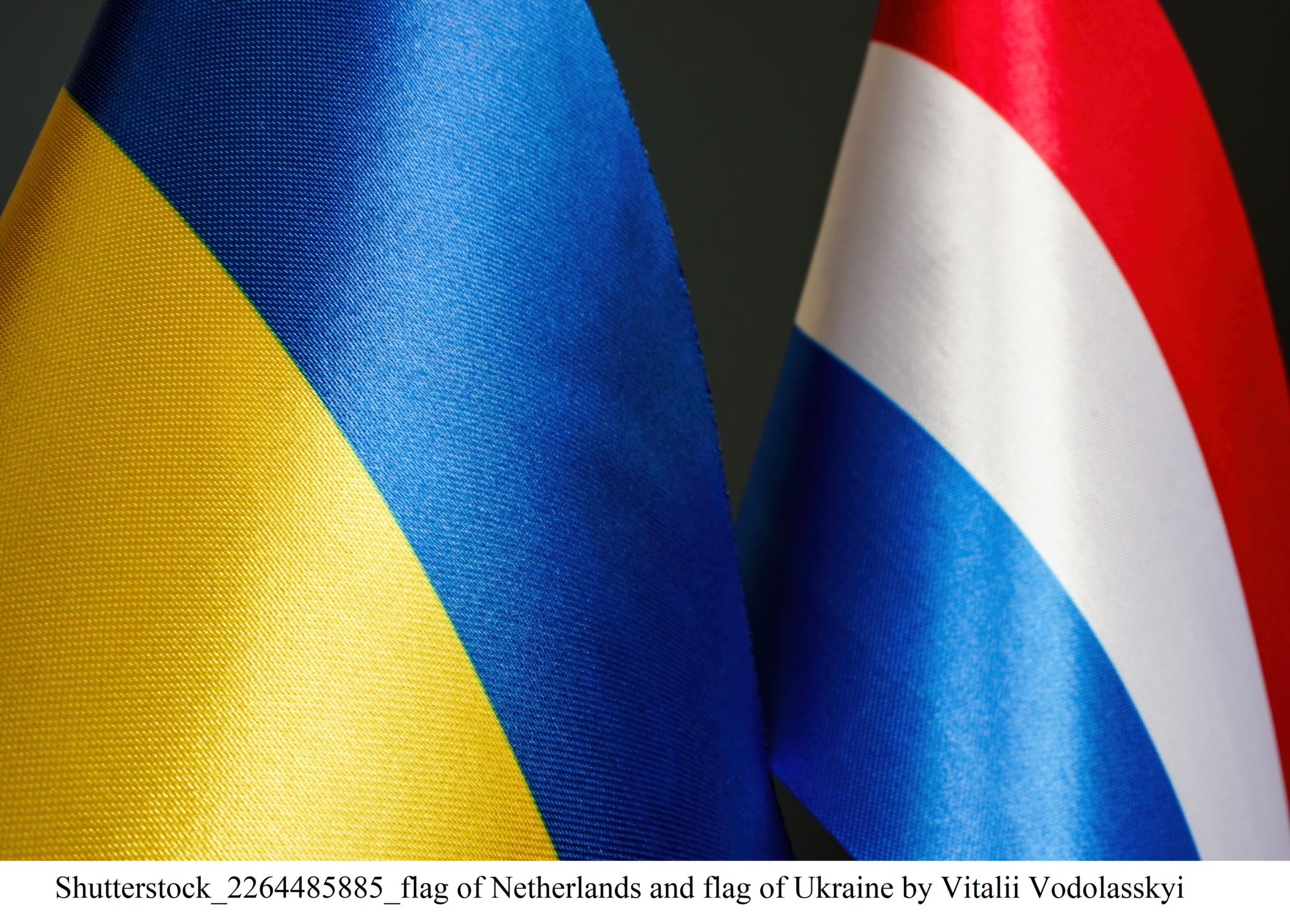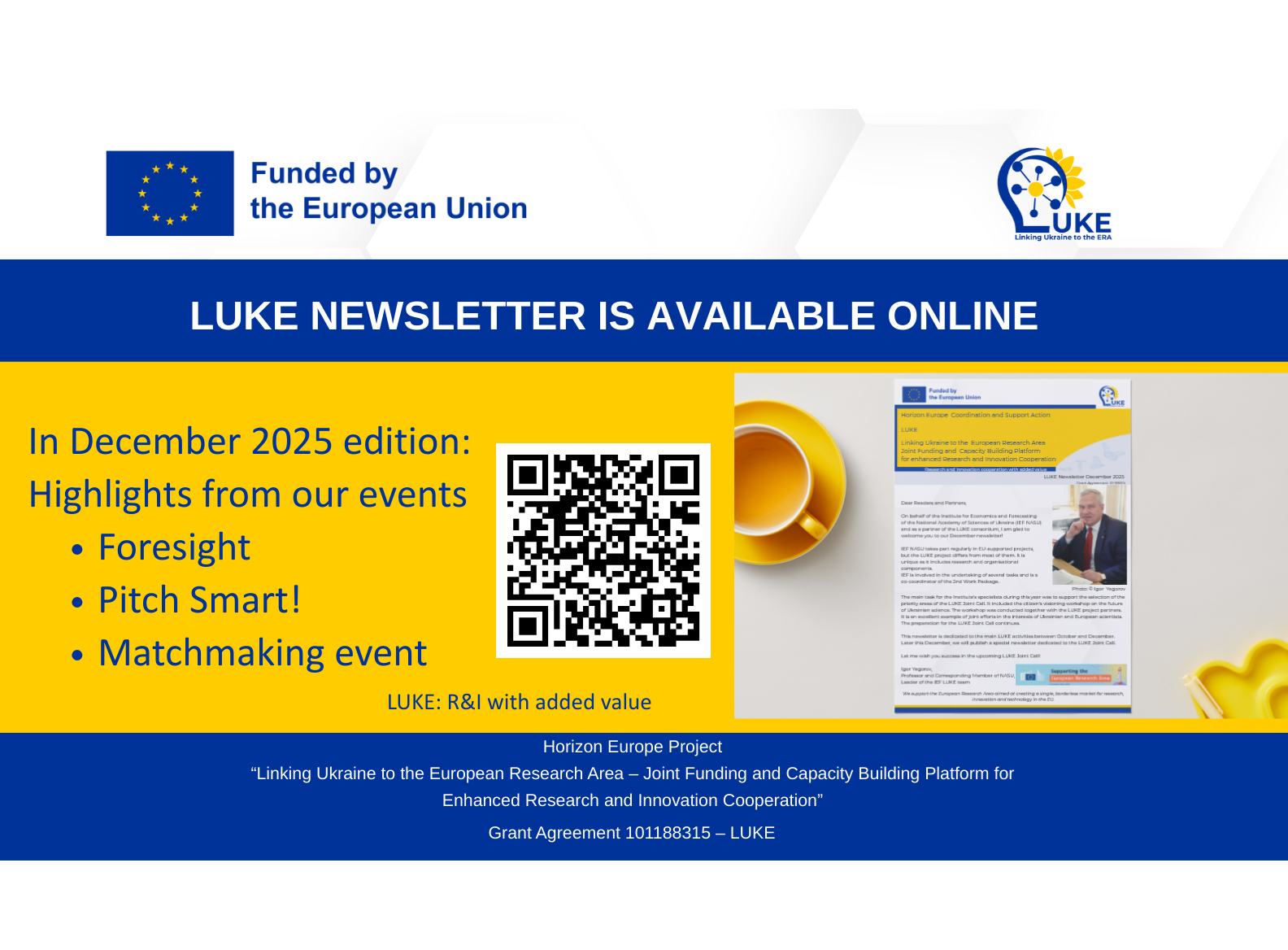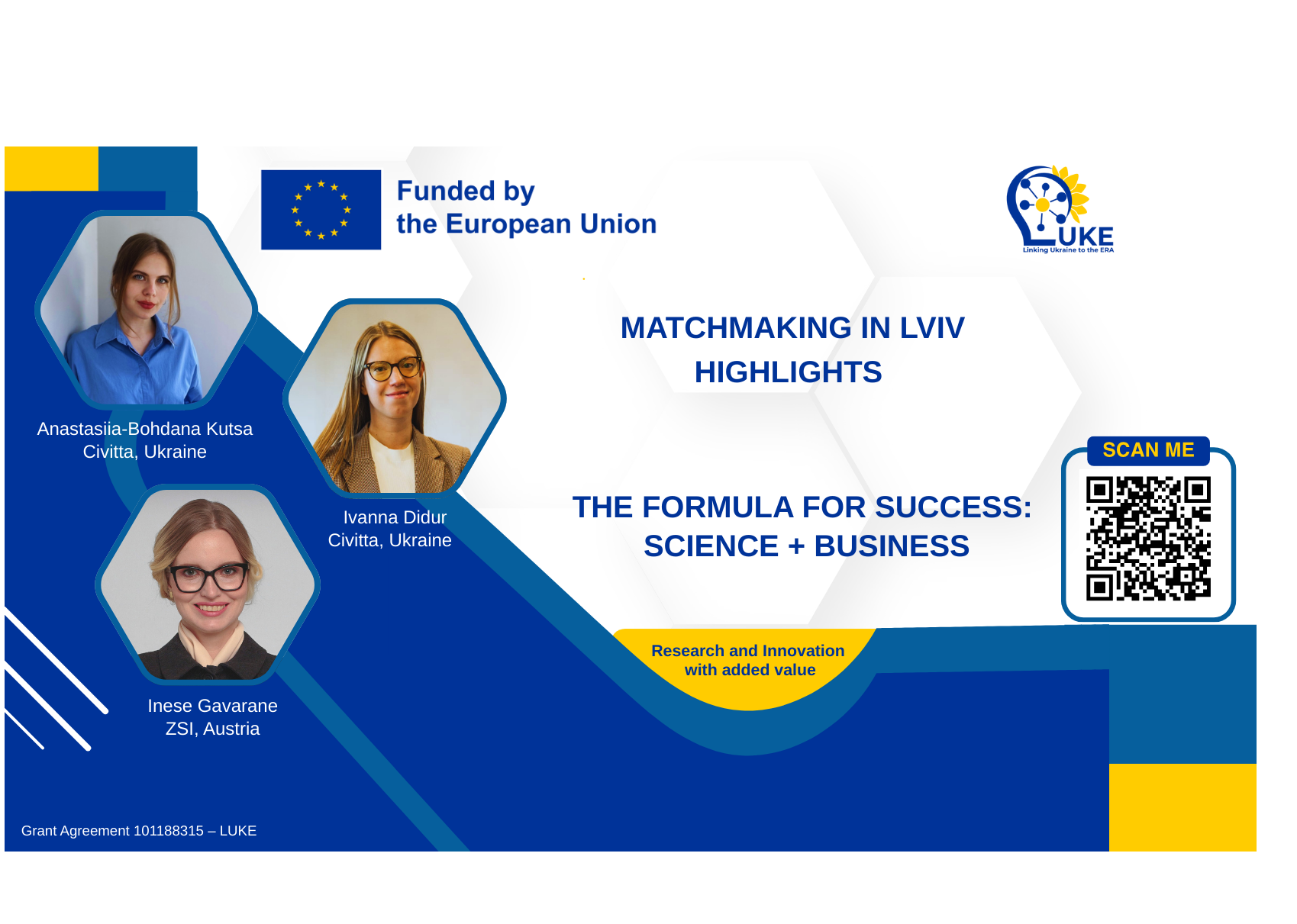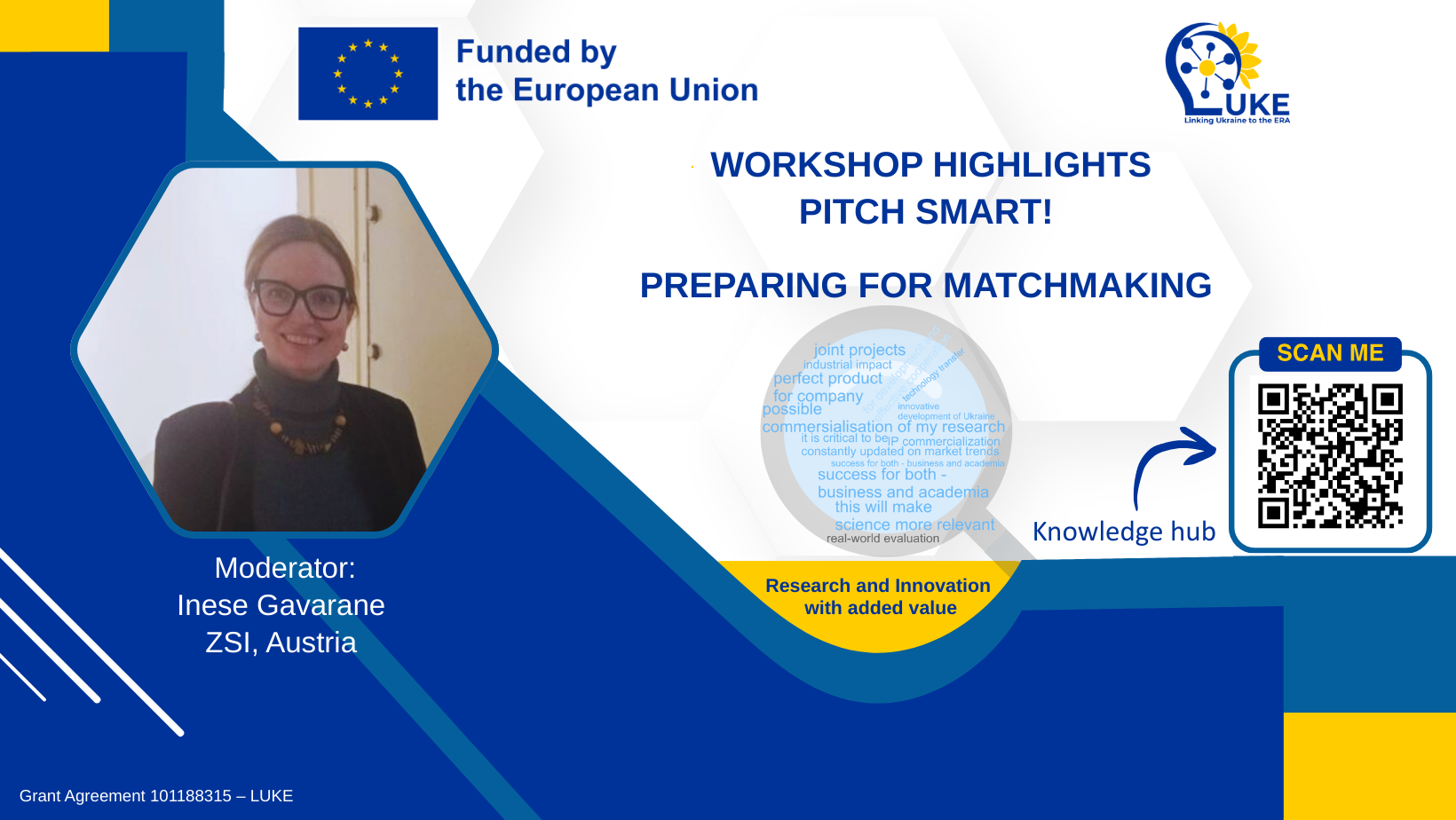Every parent wants their child to be born healthy. And it is science that helps us understand what factors influence on the fetal development and what needs to be considered to reduce the risk of pathologies.
Iryna Popova, Associate Professor, Department of Histology, Cytology and Embryology at Bukovinian State Medical University, is doing this kind of research. A year ago, the researcher was successful in the ‘NWO Hop-On Call for Researchers Based in Ukraine: NWO-NRFU Partnership Initiative 2023’ and joined the group of Utrecht University. The researcher is studying thyroid disorders as part of the project ‘Animal-Free Assays for Endocrine Disruption – From Science to Regulatory Acceptance (AFARA).’
We asked Professor Iryna Popova why she chose this topic and why it is so important.
“The Chernivtsi region is an endemic area for iodine deficiency, and therefore, the rates of endemic goiter in the region are very high. According to statistics, women are more prone to thyroid pathologies, and it is important to find out why”, stresses the Professor. “In addition, during missile attacks, people go down to shelters and spend a lot of time there. Unfortunately, shelters often lack lighting, which can lead to disruption of the body’s circadian rhythms and malfunctioning of the thyroid gland”.
The topic of thyroid diseases in adults and, in particular, pregnant women is also the focus of the researcher’s doctoral study. Prior to receiving the grant from the Dutch Research Council (NWO), Professor Iryna Popova studied changes in the functioning of the thyroid and pineal glands (epiphysis) under conditions of disrupted photoperiod in animals.
The NWO grant funding made it possible to expand the research subject, in particular, to analyze clinical data of the patients living in the endemic area in the Chernivtsi region.
“One of the main areas of research is thyroid homeostasis disorders, specifically, under the influence of toxic substances,” explains the researcher. “We also study changes in thyroid function during pregnancy and the impact of these changes on fetal formation”.
During the project, the researcher analyzed similar studies in Ukraine and abroad; collected clinical data from more than three hundred patients undergoing outpatient care and pathostological reports on surgical interventions. This data will help researchers better understand the epidemiology of endemic goiter in the region and model how the disease situation may develop.
“Based on the data, we plan to develop recommendations for early detection of thyroid pathologies and preventive screening. The recommendations will take into account the age, gender, living conditions of people, and the duration of biorhythm disturbances. I am confident that this will help improve the provision of medical care to patients with endocrine pathology”, explains the researcher.
The researcher presented the first results of her work to her colleagues during a visit to Utrecht University at the end of 2024. As of today, the first article has been prepared for publication in co-authorship with Ellen Hessel from the National Institute of Public Health and the Environment of the Netherlands and Professor Tetiana Bilous from Bukovinian State Medical University. The second article, about the peculiarities of the thyroid gland in pregnant women under the influence of toxic substances, is almost complete.
We asked Associate Professor Iryna Popova how she found partners in the Dutch research community.
“This is my first experience of research cooperation with Dutch researchers”, she replied. “I found a project for cooperation during a special partners search event organized by the NWO and the NRFU in August 2023. It was during an online meeting that I met the project representative Elena Dominguez-Romeo. This was followed by several interviews and online meetings with Professor Juliette Legner, Ellen Hessel, and Professor Chris Evelo, discussing the research plan and preparing the application”.
Associate Professor Popova also met the project group in person during her visit to Utrecht.
“This is a community of professionals from different fields working to improve people’s health. I was impressed by the coherence of the work, mutual support, and attention to details. In addition, the research community is following the news in Ukraine and sincerely supports our country”, she recalls.
For Iryna Popova, participation in the project funded by the Dutch Research Council is an opportunity to continue her research in Ukraine. “I am sincerely grateful to the NWO and the NRFU for this incredible opportunity”, she emphasized. “In addition, working with the researchers from Utrecht University and their support gives me the motivation to move forward and create a better future at home in Ukraine”.
Interviewed by Svitlana Galata





